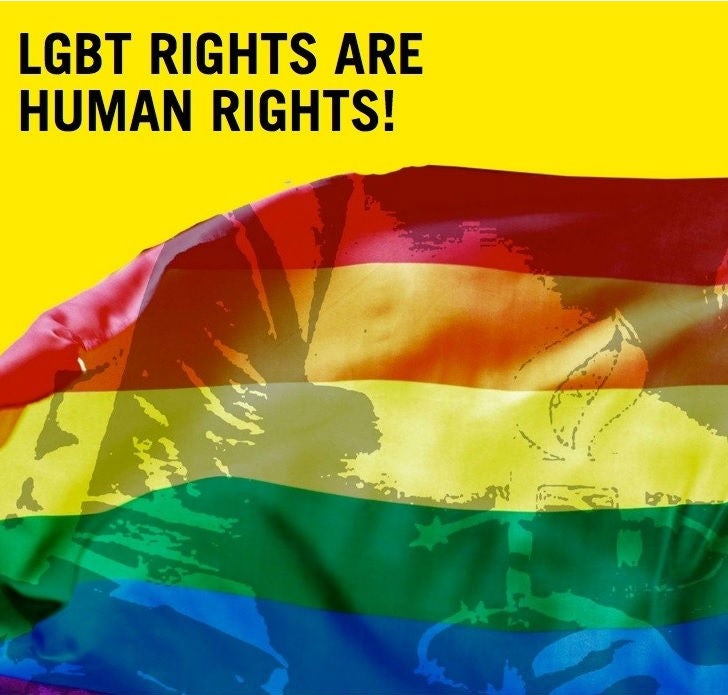Charlotte City Council approves LGBT protections in 'monumental' decision

Your support helps us to tell the story
From reproductive rights to climate change to Big Tech, The Independent is on the ground when the story is developing. Whether it's investigating the financials of Elon Musk's pro-Trump PAC or producing our latest documentary, 'The A Word', which shines a light on the American women fighting for reproductive rights, we know how important it is to parse out the facts from the messaging.
At such a critical moment in US history, we need reporters on the ground. Your donation allows us to keep sending journalists to speak to both sides of the story.
The Independent is trusted by Americans across the entire political spectrum. And unlike many other quality news outlets, we choose not to lock Americans out of our reporting and analysis with paywalls. We believe quality journalism should be available to everyone, paid for by those who can afford it.
Your support makes all the difference.Things in Charlotte have become a little bit more even.
In a historic vote, the Charlotte City Council on Monday night made what many said was a monumental change by expanding the city’s existing nondiscrimination ordinance in favour of the LGBT community—the first of its kind in North Carolina.
Local businesses will now be forced to legally allow gay, lesbian and transgender people to use the toilet belonging to the gender with which they identify.
The decision, which came after a 7-4 vote, will likely spark an outcry from more conservative members of the General Assembly in Raleigh, which holds the ultimate authority. The General Assembly could potentially remove the ordinance or make changes, such as eliminating the bathroom flexibility clause.
Last year, the same ordinance failed in a 6-5 vote, but two new members, Julie Eiselt and James Mitchell, were elected into the council in November and shifted the conversation. The vote took place at the Charlotte-Mecklenburg Government Centre and was closed by the Fire Department when it reached maximum capacity, at 250 people. The vote inspired strong feelings on both sides.
Democrat Al Austin, who voted for the ordinance said that fear and hate shouldn’t reside in his city. “Not on my watch,” he told the Charlotte Observer.
Republican Ed Driggs, who voted against the ordinance, said that the whole situation was blown out of proportion.
“Everyone is required to use the bathroom of their gender—you can’t get more equal than that,” he said.
The council began hearing from 140 speakers at 7.00 pm local time. With outbursts from several Charlotteans claiming that the safety of their young girls was at risk.
“Please don’t discriminate against me and my children,” said Pam Burton. “I’m not scared of transgenders, but sexual predators will see this as a chance for fresh victims. If one child becomes a victim through this, shame on all of you,” she told the newspapwer.
Attorney John Arrowood supported the vote and thinks that anyone who opposed the vote is confused. “Discrimination against LGBT people is real...We’ve seen the opposition focus on fear-mongering which has no basis in fact,” he said.
“This shift in policy could also create major public safety issues by putting citizens in possible danger from deviant actions by individuals taking improper advantage of a bad policy,” said Governor Pat McCrory.
The potential for change is not yet over. The General Assembly could pass legislation and allow residents to petition for a referendum. Legislators could also vote to place the issue directly on a citywide ballot in November. That’s when the governor, Senate and president will also be on the ballot. The city’s ordinance will go into effect on April 1.
Join our commenting forum
Join thought-provoking conversations, follow other Independent readers and see their replies
Comments